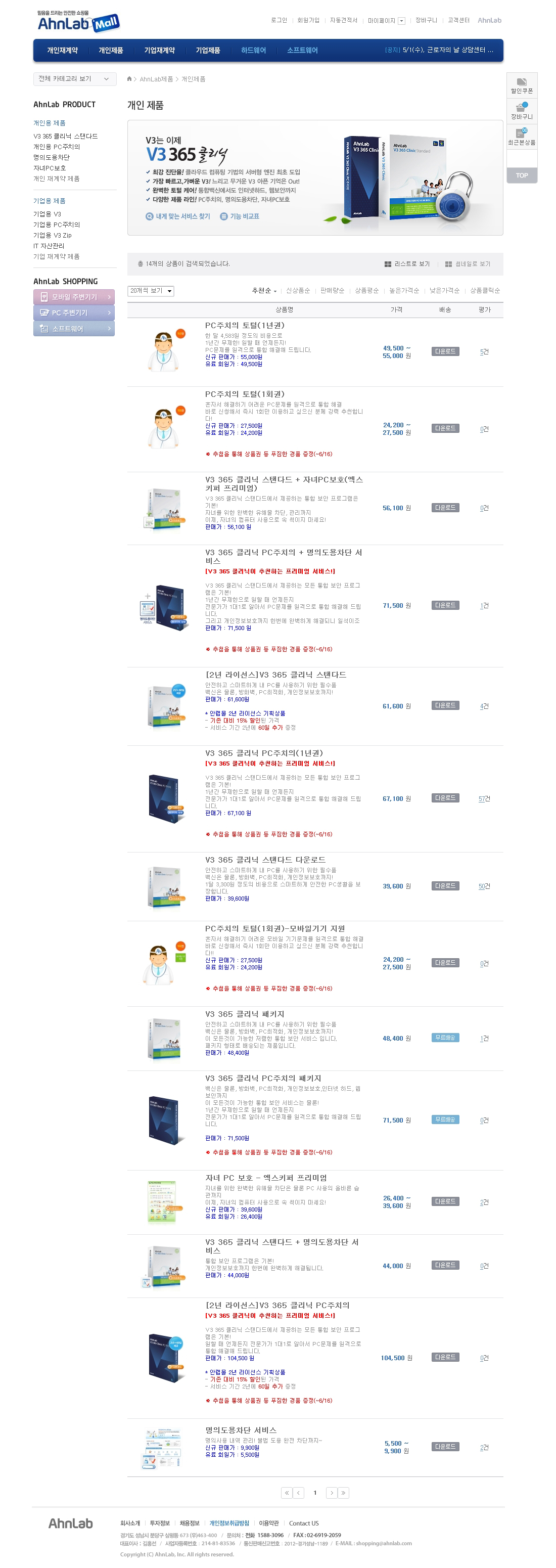Published : Oct 19, 2020 - 15:49 Updated : Oct 19, 2020 - 15:49
Ahnlab Hackshield
The Allegheny Health Network’s first Health + Wellness Pavilion in Wexford introduces the future of healthcare to residents of Pittsburgh’s North Hills. It offers patients a convenient way to see a variety of healthcare specialists under one roof. What’s more, the facility features many amenities that are commonly associated with the retail shopping experience. The strategy behind the. AhnLab Recognized as 2020 South Korea Endpoint Security Vendor of the Year for Two Consecutive Years AhnLab V3 Nominated as Top Product by AV-TEST on October 2020 Evaluation AhnLab Warns of Phishing Website Disguised as Popular Out-of-Stock Items.

Ahnlab Mds Agent Uninstall
- Charts are not available in this browser version. Please upgrade your browser or use another browser.
- The current test AhnLab V3 Mobile Security 3.1 for Android (201401) from March 2020 of AV-TEST, the leading international and independent service provider for antivirus software and malware.
- On July 13, AhnLab shared the method to block encryption of GandCrab v4.1.1; Fortinet announced a similar information on July 9. However, on July 17, GandCrab 4.1.2 version was newly found as below. There was a message inserted that seemingly ridicules both security vendors. – “#fortinet & #ahnlab, mutex is also kill-switch not only.
Ahnlab Mds
The office of Optimus Asset Management is shown in Seoul. (Yonhap) |
About 60 local listed firms, state-run companies and major universities had invested in the scandal-ridden Optimus funds that have lost more than 5 trillion won ($4.38 billion) so far, according to local reports Monday.
The list of investors for fraudulent hedge funds operated by South Korea’s Optimus Asset Management included leading food company Ottogi, which invested 15 billion won, and Kosdaq-listed antivirus software firm AhnLab, which invested 7 billion won, according to the local Korean Economic Daily.
The unlisted Hanwha General Chemical, Hanwha Group’s chemicals unit, made the biggest investment in the hedge fund of 50 billion won. The company, however, saw no loss in the investment, as it redeemed all the capital in September last year, an official said.
Convenience store chain BGF Retail also put in 10 billion won, while LS Electric and game company Nexon invested 5 billion won and 3 billion won, respectively.
The list also included JYP Entertainment and LS Electric affiliate LS Metal, respectively investing 4 billion won and 5 billion won, with each losing some 30 percent of their investment.
HDC and Hanil Cement also put billions of won into the funds, it added.
Besides local firms, private universities such as Sungkyunkwan University, Hannam University and Konkuk University each invested some 4 billion won. Public institutions such as the Korea Racing Authority, Korea Communications Agency and Korea Rural Community Corp. also made large investments into the fraudulent funds.
Meanwhile, Optimus Asset sold over 1.5 trillion won of their funds to over 3,000 retail investors and companies through large brokerages and banks for three years, from June 2017 to May this year.
By Jie Ye-eun (yeeun@heraldcorp.com)
The list of investors for fraudulent hedge funds operated by South Korea’s Optimus Asset Management included leading food company Ottogi, which invested 15 billion won, and Kosdaq-listed antivirus software firm AhnLab, which invested 7 billion won, according to the local Korean Economic Daily.
The unlisted Hanwha General Chemical, Hanwha Group’s chemicals unit, made the biggest investment in the hedge fund of 50 billion won. The company, however, saw no loss in the investment, as it redeemed all the capital in September last year, an official said.
Convenience store chain BGF Retail also put in 10 billion won, while LS Electric and game company Nexon invested 5 billion won and 3 billion won, respectively.
The list also included JYP Entertainment and LS Electric affiliate LS Metal, respectively investing 4 billion won and 5 billion won, with each losing some 30 percent of their investment.
HDC and Hanil Cement also put billions of won into the funds, it added.
Besides local firms, private universities such as Sungkyunkwan University, Hannam University and Konkuk University each invested some 4 billion won. Public institutions such as the Korea Racing Authority, Korea Communications Agency and Korea Rural Community Corp. also made large investments into the fraudulent funds.
Meanwhile, Optimus Asset sold over 1.5 trillion won of their funds to over 3,000 retail investors and companies through large brokerages and banks for three years, from June 2017 to May this year.
By Jie Ye-eun (yeeun@heraldcorp.com)

LATEST NEWS
